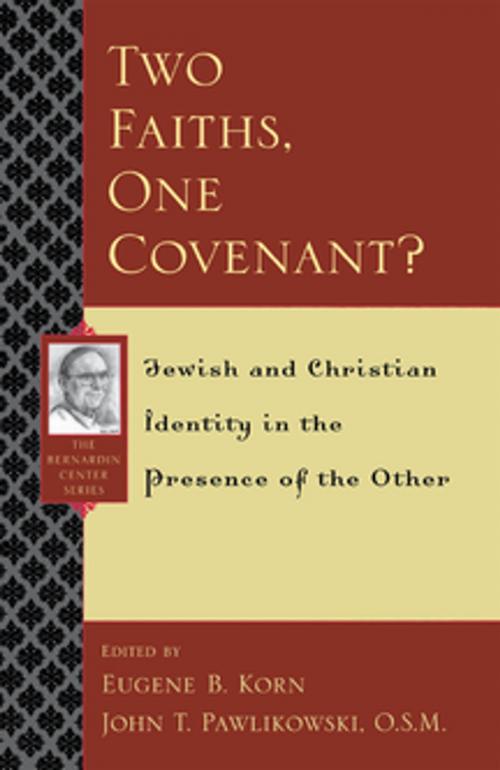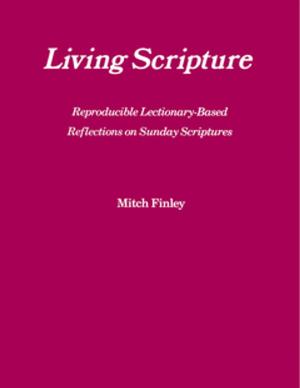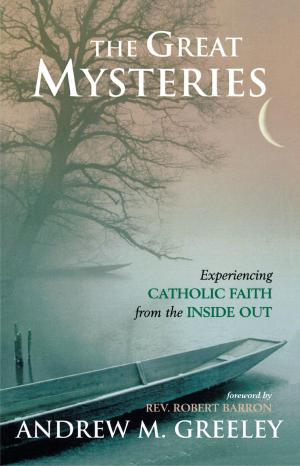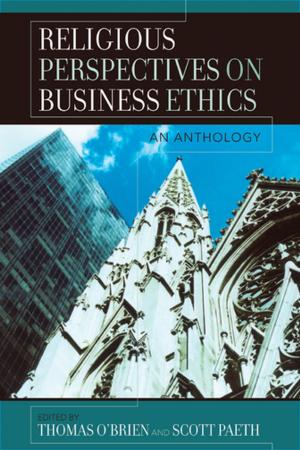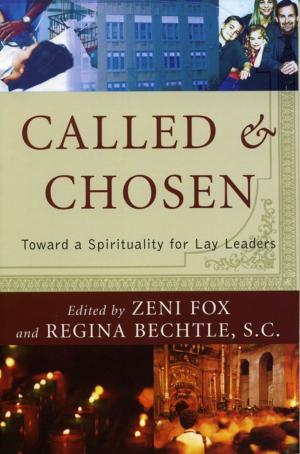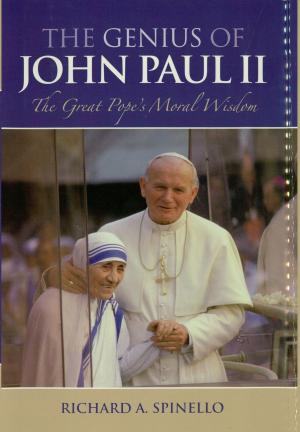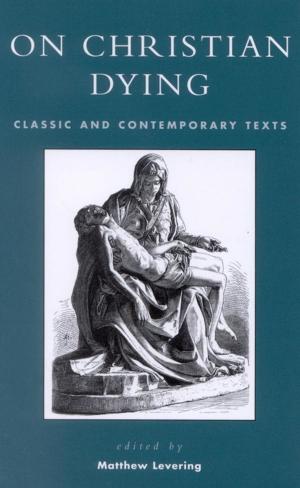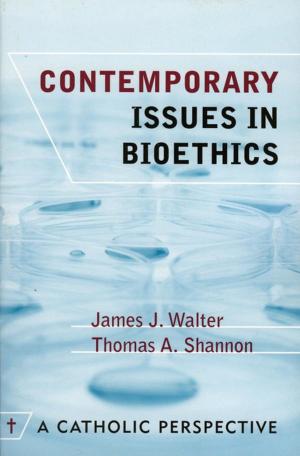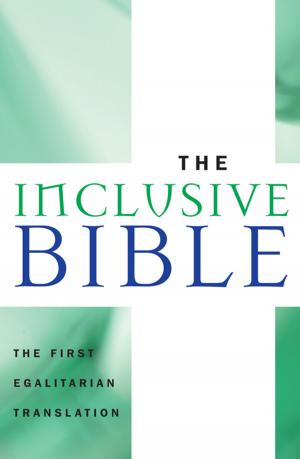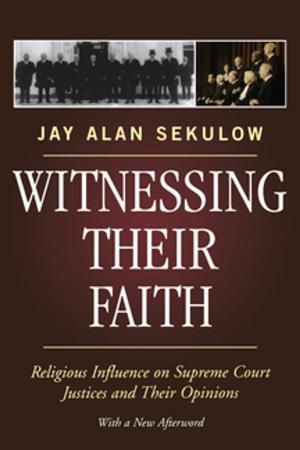Two Faiths, One Covenant?
Jewish and Christian Identity in the Presence of the Other
Nonfiction, Religion & Spirituality, Bible & Bible Studies, Hermeneutics, Study, Old Testament, Prophecies| Author: | Dianne Bergant, Mary C. Boys, Yehuda Gellman, Lenn E. Goodman, Edward Kessler, Steven J. McMichael, David Novak, Michael A. Signer, John T. Pawlikowski | ISBN: | 9781461667902 |
| Publisher: | Sheed & Ward | Publication: | November 26, 2004 |
| Imprint: | Sheed & Ward | Language: | English |
| Author: | Dianne Bergant, Mary C. Boys, Yehuda Gellman, Lenn E. Goodman, Edward Kessler, Steven J. McMichael, David Novak, Michael A. Signer, John T. Pawlikowski |
| ISBN: | 9781461667902 |
| Publisher: | Sheed & Ward |
| Publication: | November 26, 2004 |
| Imprint: | Sheed & Ward |
| Language: | English |
Judaism and Christianity are religions bound together by their claims to the same biblical covenant initiated by God with Abraham and his descendants. Yet, despite the inseparable connection between the election of Israel and that of the church, between the "old" and the "new" covenant, this shared spiritual patrimony has been the source of a type of violent sibling rivalry competing for the same paternal love and inherited entitlement. God, it seemed, had but one blessing to bestow. It could be given to either Jacob or Esau—but not both.
In the twenty-first century, however, Jews and Christians are challenged to reconsider their theological assumptions by two inescapable truths: the moral tragedy of the holocaust demands that Christian thinkers acknowledge the violent effects of theologically de-legitimizing Jews and Judaism, and the pervasive reality of cultural and religious pluralism calls both Christian and Jewish theologians to rethink the covenant in the presence of the Other. Two Faiths, One Covenant? Jewish and Christian Identity in the Presence of the Other is a breakthrough work that embraces this contemporary challenge and charts a path toward fruitful interfaith dialogue. The Christian and Jewish theologians in this book explore the ways that both religions have understood the covenant in biblical, rabbinic, medieval, and modern religious writings and reflect on how the covenant can serve as a reservoir for a positive theological relationship between Christianity and Judaism—not merely one of non-belligerent tolerance, but of respect and theological pluralism, however limited.
Judaism and Christianity are religions bound together by their claims to the same biblical covenant initiated by God with Abraham and his descendants. Yet, despite the inseparable connection between the election of Israel and that of the church, between the "old" and the "new" covenant, this shared spiritual patrimony has been the source of a type of violent sibling rivalry competing for the same paternal love and inherited entitlement. God, it seemed, had but one blessing to bestow. It could be given to either Jacob or Esau—but not both.
In the twenty-first century, however, Jews and Christians are challenged to reconsider their theological assumptions by two inescapable truths: the moral tragedy of the holocaust demands that Christian thinkers acknowledge the violent effects of theologically de-legitimizing Jews and Judaism, and the pervasive reality of cultural and religious pluralism calls both Christian and Jewish theologians to rethink the covenant in the presence of the Other. Two Faiths, One Covenant? Jewish and Christian Identity in the Presence of the Other is a breakthrough work that embraces this contemporary challenge and charts a path toward fruitful interfaith dialogue. The Christian and Jewish theologians in this book explore the ways that both religions have understood the covenant in biblical, rabbinic, medieval, and modern religious writings and reflect on how the covenant can serve as a reservoir for a positive theological relationship between Christianity and Judaism—not merely one of non-belligerent tolerance, but of respect and theological pluralism, however limited.
